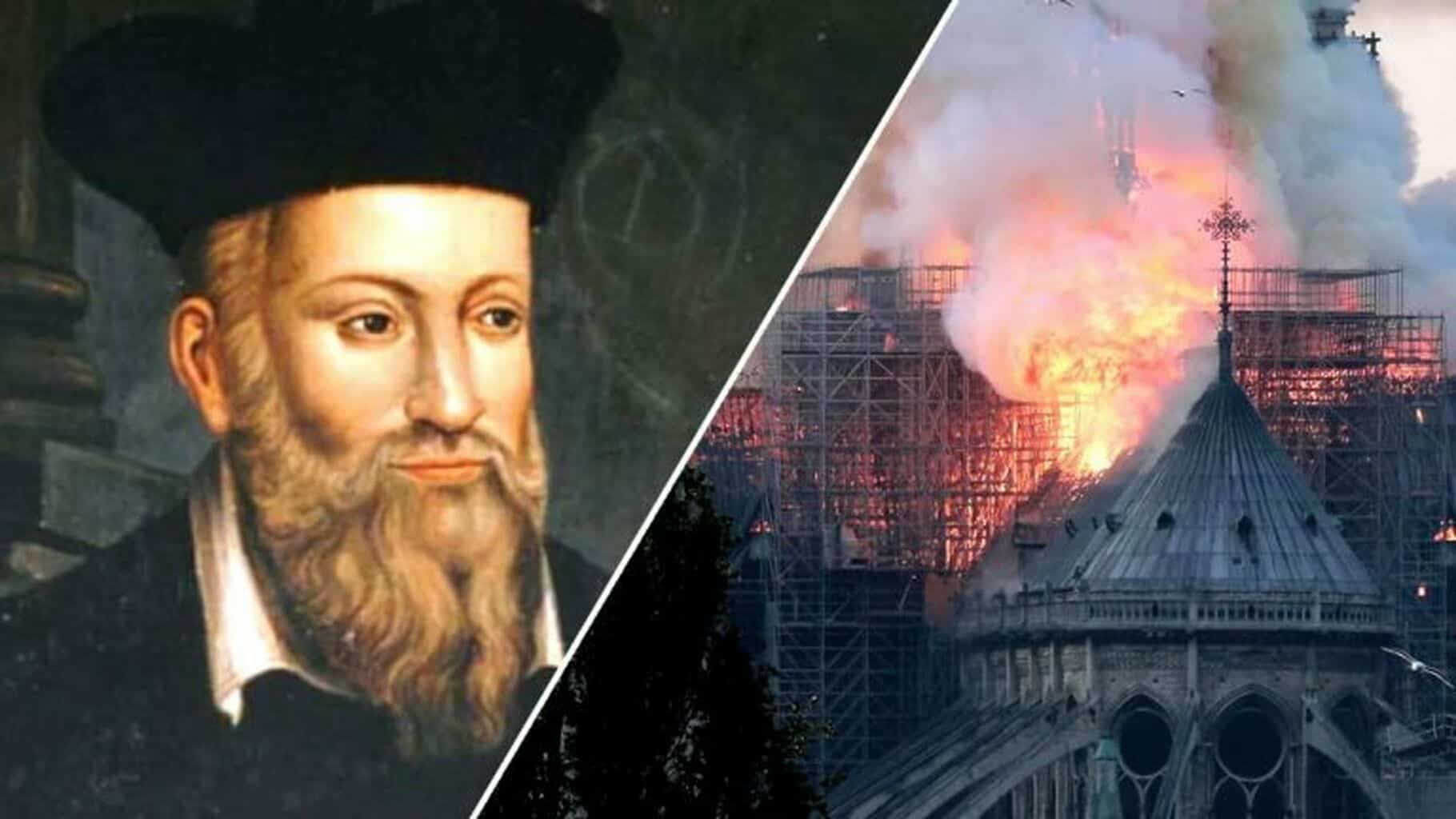
Psychics have been making predictions since the dawn of history. Thanks to many pioneers throughout the ages, we have been able to realize just how real and powerful the spiritual realm is. Such individuals helped dispel skepticism and prepare the way for others to enter the public’s consciousness and share their unique gifts.
Here are five famous historical psychics with whom everyone should be familiar:
- Michel de Nostradame (1503-1566), known as Nostradamus, was a jack of all trades and a master of all of them. The occultist, apothecary, and sage is most famous for his 1555 book “Les Propheties,” a collection of nearly 1,000 four-line poetic stanzas prophesying future events. Many of those predictions were very accurate. He foresaw London’s Great Fire, the French Revolution, and how France’s King Henry II would die. Nostradamus was also praised for his competent treatment of plague victims. This treatment was inspired by the loss of his first wife and their two children to the deadly disease in 1534.
- Marie Anne Adelaide Lenormand (1772-1843) was a French cartomancer and fortune-teller. Though she wasn’t the first person to tell fortunes with cards, there is a 36-card set that’s been named after her to honor her. Her metaphysical talents were discovered at the tender age of seven. She wrote and told fortunes for the rest of her life. Some of her most extraordinary predictions were telling the widow Josephine de Beauharnais that she would marry Napoleon, a young soldier who would go on to become “more than a king.” She also predicted that he would die in exile.
- Edgar Cayce (1877-1945) was an American clairvoyant psychic who was also known as “the sleeping prophet.” By the time Cayce was 10 years old he claimed he could see spirits, but it wasn’t until he was older that he intentionally practiced his paranormal gift. He would enter a sleep-like trance while lying on a couch and resting his hands on his midsection. He claimed his subconscious mind left his body to retrieve knowledge on topics ranging from war, reincarnation, the lost colony of Atlantis, and future events. He ritually entered trances up to eight times a day for 40 years. The non-profit organization Association for Research and Enlightenment was formed to continue studying Cayce’s work, which also included diet, health, and the foundational principles of the New Age movement. Some of his more remarkable prognostications include the 1929 stock market crash, World War II, the timing of the discovery that Earth’s magnetic poles are shifting, and the medical advancements that allow diagnosis of illnesses with a drop of blood.
- Vangelia Pandeva Dimitrova (1911-1996), who became known as Baba Vanga. Born in Strumica, Vangelia lost her eyesight as a young girl when her eyes were damaged sand and dust during a fierce storm. Her vision loss was tragic, but it’s believed to be what empowered her to communicate with spirits about present and future events both near and far. Her gifts became more widely known during World War II, and many dignitaries and common people flocked to her hoping to hear information regarding their loved ones who were serving in the military. Her most momentous predictions included the dissolution of the Soviet Union, the date of Joseph Stalin’s death, the disaster at the Chernobyl Nuclear Power Plant, and the Sept. 11, 2001 terrorist attacks.
- Jeane Dixon (1904-1997) was the American psychic who predicted the 1963 assassination of United States President John F. Kennedy, and the 1968 assassination of his brother Robert Kennedy, then a presidential candidate. Though some of her predictions did not come true, her reputation enabled her to build a celebrity following that included U.S. President Richard Nixon, and later First Lady Nancy Reagan.



While the achievements of these psychics are notable, one must remain cautious about attributing real predictive power to their methods.
The historical context of these psychics is quite fascinating. Nostradamus, in particular, exemplifies how predictions can shape cultural narratives.
Indeed, the influence of such figures on societal beliefs is profound. It’s interesting to consider how their legacies have evolved over time.
Nostradamus’s accuracy is often debated, yet his work remains significant in discussions about fate and foresight.